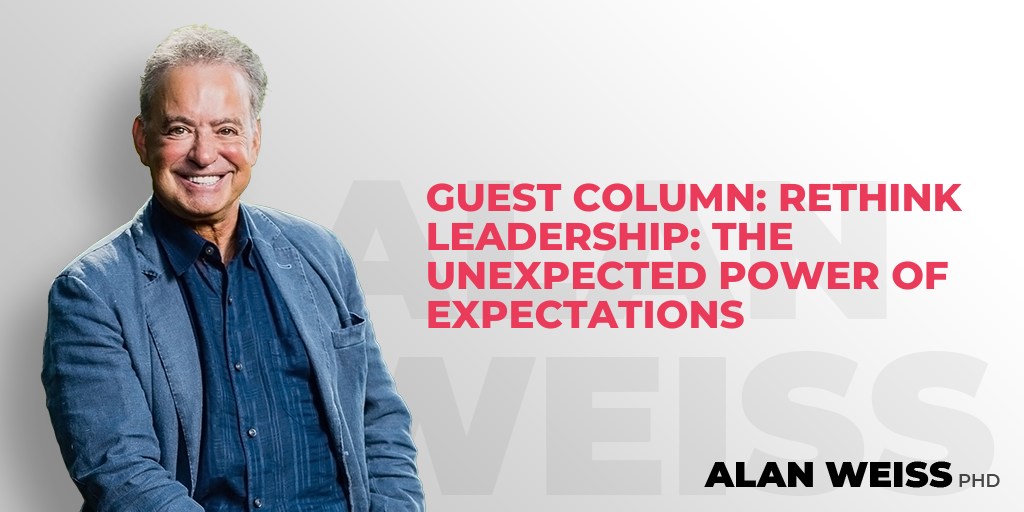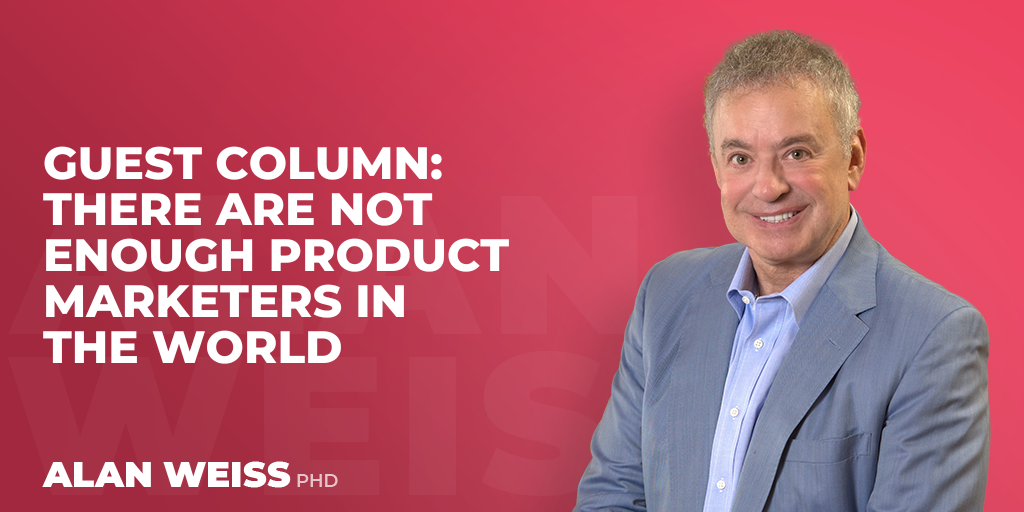Your Customers Are Cynics
I'm pleased to present a guest column by Steve Shapiro:
Your Customers Are Cynics
by Stephen Shapiro
A large portion of my business is public speaking. And I know many others who make their living the same way. But to be perfectly frank, companies are often wasting their money when they hire a speaker. I say this not because there aren’t many gifted men and women who can deliver an engaging presentation. The problem is with the customers, not the speakers.
As Oscar Wilde once said, “A cynic knows the cost of everything and the value of nothing.” Using this definition, most buyers are cynics. The truth of the matter is that your customers do not know what they truly need. And they certainly do not know how to define value. This creates an opportunity for you to engage your buyers in new ways, generating more value for them…and greater wealth for you.
To test the hypothesis that my customers could not articulate what was valuable to them, several years ago I tried an experiment. I called it “PW3—Pay What We’re Worth.”
As background, in determining the fees paid to a professional speaker, traditionally the speaker sets the rate before the work is done. With the PW3 experiment, I turned this model upside down. Instead of quoting a standard rate, the client would determine my fee after the work was done. The plan was to send the client a blank invoice after I gave a speech, and they would pay “what I was worth.”
The only stipulation was that we would have a conversation about value up front. I wanted to learn the value they got from previous speakers. How were the concepts reinforced after the presentation? How were ideas implemented? How was value measured?
What I discovered was that Oscar Wilde was indeed right. Companies were unable to define value, at least in terms of tangible results. In fact, in nearly every situation, when I asked them how they would determine what to pay me after an event, they said, “Um, I guess we’ll pay you what we paid the last speaker.” In fact, with 90% of my speeches, they asked me for my standard fee and just paid that.
How can you create exponential value for your customers? How can you in turn create greater wealth for your organization? Let’s first look at the way organizations tend to operate. In my work, I have defined three levels of innovation:
- Level 1: Innovation as an event
- Level 2: Innovation as a process
- Level 3: Innovation as a system
From my experience, most organizations are at the first level where their innovation efforts are nothing more than a series of ad hoc events. These events can be brainstorming sessions that produce walls of flip charts and Post-It notes. In some cases, these events can produce incredible value. But you know, as well as I do, that in most the end, these sessions typically only serve two alternative purposes: 1) killing time, and 2) creating more trash for landfills.
Conducting a speech is another such ad hoc event. Customers hire someone to pump up the organization with information and motivation. But once the buzz of the keynote subsides, it is business as usual. There is nothing sustainable about the event and it ends up being a nice memory with perhaps some cool photographs.
Instead of treating innovation as a one-time event, the opportunity lies in treating innovation as an end-to-end process. This allows it to become repeatable. It gives it some level of predictability. And it affords you the opportunity to manage and measure the process. Eventually, after becoming masterful at the process level, innovation can emerge at a more organic level, allowing it to flourish without the need for well-defined processes.
My innovation model has proven useful for sales conversations with clients. And it has helped me create even greater value for them. When a potential customer approaches me to give a keynote speech, the question is, how can I move the conversation to offer something of higher value? How can I deliver something that will have a greater impact on their business?
Here’s what I say during my introductory call…
“I would love to speak at your event. However, instead of my speech being a one-time event (level 1 innovation), I would like to explore how we might treat it as the first step of a larger process (level 2 innovation).”
I then go on to discuss a series of interventions that could take place over the next 6 to 12 months to truly help drive results inside of the organization. This often translates into a series of webinars, articles, books, and other materials that are given to meeting attendees periodically after the first event. I suggest keeping me on a retainer to provide mentoring to the innovation team in order to help them be more effective in what they do. And in a few select cases, I will even offer up some more in-depth consulting.
Although my speaking fee is the most expensive part of the proposition, it is many respects the part that provides the lowest value. Articles, books, and webinars are cheap. In fact, I often throw in a webinar and a bunch of books at no extra cost. I find that the constant reinforcement helps produce sustainable results. Although the revenue to me is incremental, it keeps me in front of the client for a long period of time and they view me as someone who is committed to their success. This inevitably leads to more work down the line.
This concept can be applied to any practice. If you are a dentist, don’t just sell bi-annual teeth cleaning, offer a complete tooth maintenance package. If you are a plumber, don’t just fix the toilet, but offer a warrantee program that gives customers “peace of mind.” If you are a landscaper, don’t simply mow their lawn, define a process for keeping their entire yard looking amazing.
The key for you is to avoid becoming an order taker. When a potential client asks you how much your service or product will cost, step back and ask yourself, “What would create the greatest value?” What is an outcome I want to help them achieve?
Oscar Wilde was correct. Your buyers don’t know what is in their best interest. When you create exponential value for them, you invariably create value for yourself.
Stephen Shapiro is the author of Personality Poker: The Playing Card Tool for Driving High Performance Teamwork and Innovation (Penguin Portfolio). You can read over 500 articles at SteveShapiro.com, play the free Personality Poker video game, or follow him on Twitter.






Rick Abbott
Excellent article. I’ve been to dozens of these speaking events when I was part of “corporate consulting” and can’t recall even one instance where the speech created change in the organization. Thinking back on it, the fact that these were isolated events doomed them to failure – everyone knew there was no follow-up, and therefore went into the speech little or no expectations.
Matthias Bohlen
Stephen, thank you for this insightful column! Could you say a few words on “Level 3: Innovation as a system”, too, please? Or add a pointer?
Gareth Kane
Excellent – very useful as I am in the exact situation you describe!
Fahed Bizzari
Great article. Thanks for giving Stephen some space on your blog.
Dave Gardner
Wonderful insights, Stephen. Great to meet you last week.
Steve Shapiro
Thanks for the kind comments.
Matthias, I don’t have a lot on my website about level 3. However, there is a little overview at http://www.steveshapiro.com/about/innovation2/. If you write me at steve at goalfree dot com, I will gladly send a bit more.